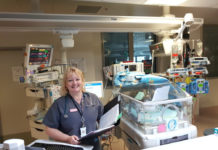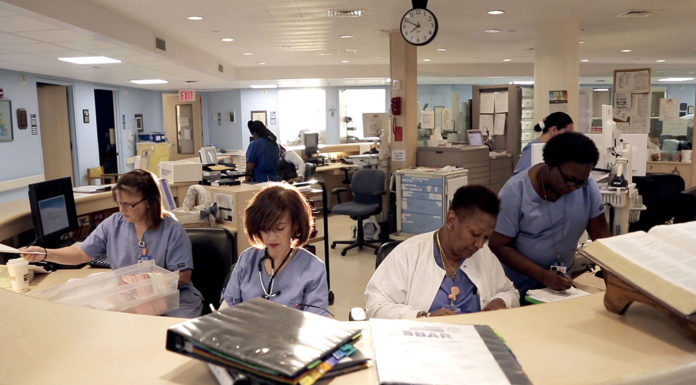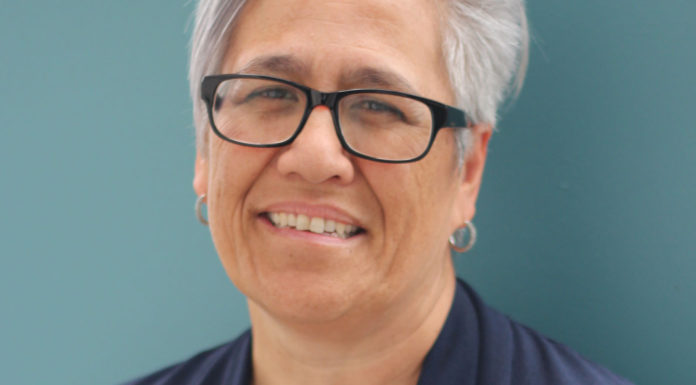The NZNO last week came out in support of the international organisations and governments condemning attacks on health personnel in Palestine.
The United Nations expressed outrage at the killing on June 1 of Razan al-Najjar, a 21-year-old volunteer with the Palestinian Medic Relief Society, who was fatally shot by Israeli forces while she was trying with other first responders to reach injured demonstrators near the perimeter fence border between Gaza and Israel. Razan has been described as both a nurse and a paramedic in media reports.
About 245 healthcare workers and 40 ambulances have been attacked in the region between March 30 and May 27, according to data provided by the Palestinian Ministry of Health, the Palestinian Red Crescent Society, PMRS and the Union of Health Work Committees.
NZNO said in a statement that it joined the international community in calling for international humanitarian laws to be upheld and for attacks on medical personnel to cease immediately.
“We are calling for highest level international organisations to condemn these acts of violence and targeted attacks on first responders,” said the statement. “Nurses, doctors and other healthcare workers must be protected and have the right to treat people safely, even in areas of conflict.”
James Heenan, head of the Office of the United Nations High Commissioner for Human Rights in the occupied Palestinian territory (oPt), said reports indicate that Razan was assisting injured demonstrators and wearing her first responder clothing, clearly distinguishing her as a healthcare worker even from a distance.
“Reports suggest that she was shot about 100 metres from the fence. Under international human rights law, which applies in this context along with international humanitarian law, lethal force may only be used as a last resort and when there is an imminent threat of death or serious injury. It is very difficult to see how Razan posed such a threat to heavily armed, well-protected Israeli forces in defensive positions on the other side of the fence.”
“We are concerned also that New Zealanders are part of first responder healthcare teams in conflict areas around the world and must be able to do their duty to care for those needing urgent health interventions and humanitarian aid without risk of harm or death.”





















